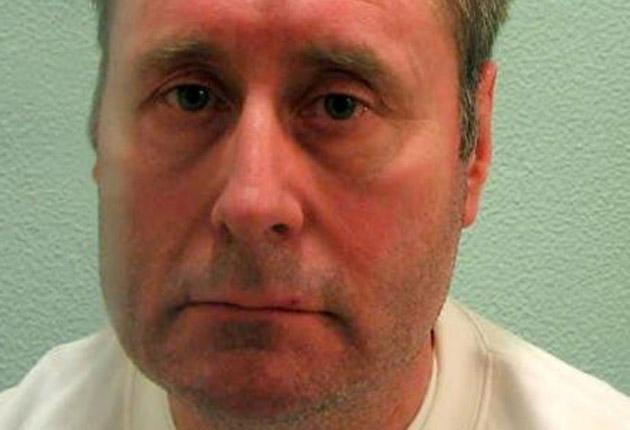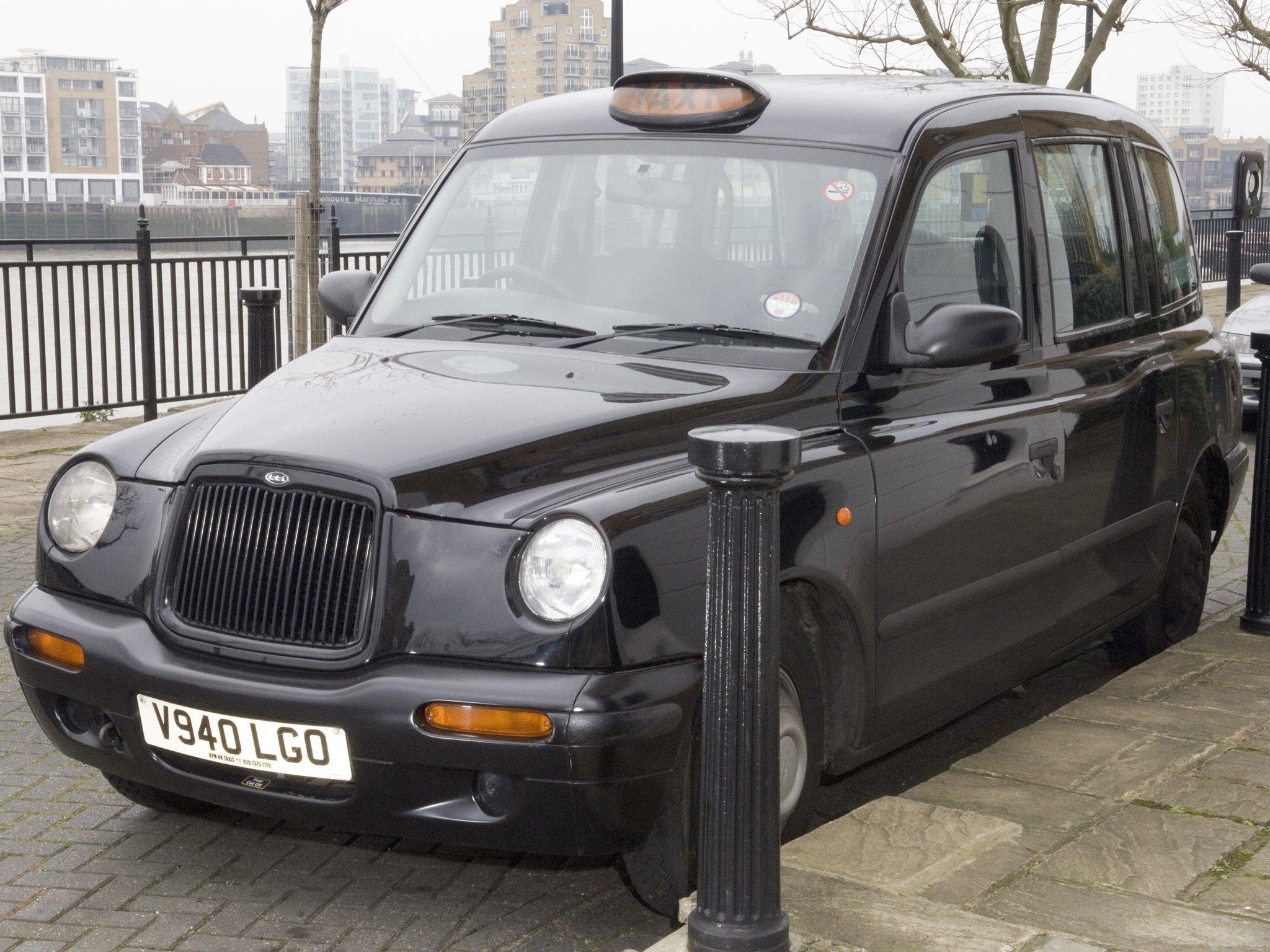John Worboys latest: Met Police lose landmark Supreme Court appeal against compensation for victims
Ruling sets legal precedent after judges find police liable for systemic or investigatory failings

Police forces are legally liable for failings in criminal investigations like those that left serial rapist John Worboys “free to attack again and again”, the Supreme Court has ruled.
Judges threw out the Metropolitan Police’s appeal against compensating two victims of the “black cab rapist”, in a landmark ruling that sets a nationwide precedent.
The claimants, identified as DSD and NBV, were sexually assaulted in 2003 and 2007, but their claims were not properly investigated and Worboys continued to target women across London.
They later won compensation from police but with the support of the Home Office, lawyers for Scotland Yard appealed and argued that imposing a duty of care on officers over investigations reduces effectiveness.
But five justices sitting at the Supreme Court unanimously dismissed the appeal.
In the main judgement, Lord Kerr said there was “an operational duty to conduct a proper inquiry into behaviour” violating the European Convention on Human Rights.
“In order to be an effective deterrent, laws must be rigorously enforced and complaints of such conduct must be properly investigated,” a summary of the judgement said.
“The state has a duty to conduct an effective investigation into crimes involving serious violence to the individual.”
There was disagreement among judges over whether liability under the Human Rights Act arose only where there had been systemic failures or after deficiencies in an individual investigation.
“By a majority, we have held that failures in the investigation of the crimes, provided they are sufficiently serious, will give rise to liability on the part of the police,” Lord Kerr said.
“There were, of course, both systemic and investigatory failures in the case.
“But the important point to make is that, if the investigation is seriously defective, even if no systemic failures are present, this will be enough to render the police liable.”
Representing Scotland Yard, Lord Pannick QC had argued that the imposition of an investigative duty raised policy concerns and asked them to allow the appeal so that a “dialogue” could take place with the European Court of Human Rights in Strasbourg.
He said there was a concern that any such duty “will reduce the efficacy of police investigations of crime”.
The women brought their original claims under Human Rights Act protections against “inhuman or degrading treatment” and were awarded £22,250 and £19,000 respectively after the High Court found the Metropolitan Police liable to them for failures in its investigation.
Worboys was not identified after the attack on DSD and he was released without charge after being arrested following the attack on NBV, but convicted of assaulting her two years later following a review.
DSD, who was the first of Worboy’s victims to report an attack to the police and attended court to hear the judgment, said: “It has been an emotional day. Fifteen years.”
Referring to the police, she added: “Had you done your job properly, there wouldn’t be 105 victims, there would be one. I can take the one. I can’t take the 105.”

DSD said she warned Worboys would attack again when police dropped her case in 2003, but “never in my wildest dreams did I think there would be so many women harmed”.
Her solicitor, Harriet Wistrich, described the judgement as “very, very important”.
“This is a historic judgment that finally determines the police are not immune from legal action where they fail victims of crime,” she added. “It reminds us that the Human Rights Act is a powerful tool in defending the rights of victims and we must fight government proposals to repeal it.”
DSD said she suffered from depression as a result of her treatment by police and NBV said the ordeal worsened post-traumatic stress disorder, depression, guilty and anxiety.
Worboys was handed an indefinite prison sentence after being convicted of offences against 12 women, but he is believed to have attacked more than 100 victims between 2002 and 2008.
The claimants are among dozens of victims who claim their assaults were not properly investigated, with some being told it was not necessary to pursue Worboys because he was already going to prison.
They were not at risk of losing the damages paid but the ruling sets a legal precedent for future cases.
Sir Craig Mackey, Deputy Commissioner of the Metropolitan Police, said it fully accepted the court’s decision.
“We have always accepted that serious mistakes were made in this investigation and it was only the courage of the victims coming forward, including these two claimants, that enabled us to finally convict Worboys,” he added.
“We know we should have done more in the initial investigation and today, as we did following his conviction, I unreservedly apologise to the victims we failed.”
Sir Craig said the appeal was launched because all British police forces need “absolute clarity” on the boundaries of their responsibility and liability in investigations.
He insisted that there were no “factual differences” with the victims, whose legal costs were paid by police, and said the case had focused on how to interpret human rights law.
Sir Craig said the judgement would have an impact on how forces resource and prioritise investigations, adding: “Victims of serious crimes deserve the best and most professional of investigations.”
The End Violence Against Women Coalition paid tribute to the victims who fought the case through all the way to the Supreme Court.
“We hope that this ruling will be a wake-up call to the police and the whole justice system, they must acknowledge they have a duty to ensure women are protected and rapists can’t act with impunity,” said co-director Rachel Krys.
“If police had not failed so catastrophically in their investigation when the women in this case reported what Worboys did, we may not be in the situation where he is deemed fit for release after such a short amount of time.”
Jodie Woodward, deputy chair of Rape Crisis England & Wales – which was among four women’s groups intervening in the case – said the state must be held to account for “catastrophic” failings.
“The criminal justice system is currently failing on sexual violence, in multiple ways and at every stage of the process,” she added. “Today’s historic ruling sends the clear message that time’s up on letting victims and survivors down.“
Pragna Patel, the director of charity Southall Black Sisters said the ruling affected all women affected by domestic abuse, sexual violence and other practices that are “often exacerbated by institutional failures”.
There have been calls for the Crown Prosecution Service to reconsider incidents that were not charged but the authority said it could not change its original decisions without fresh evidence.
He served just nine years of the sentence before being found eligible for release by the Parole Board in December – a decision that sparked outrage and a fresh legal challenge by the same two victims backed by the Mayor of London.
Worboys remains in prison pending a judicial review of the decision, amid a separate probe into the “transparency” of the Parole Board and its processes.
